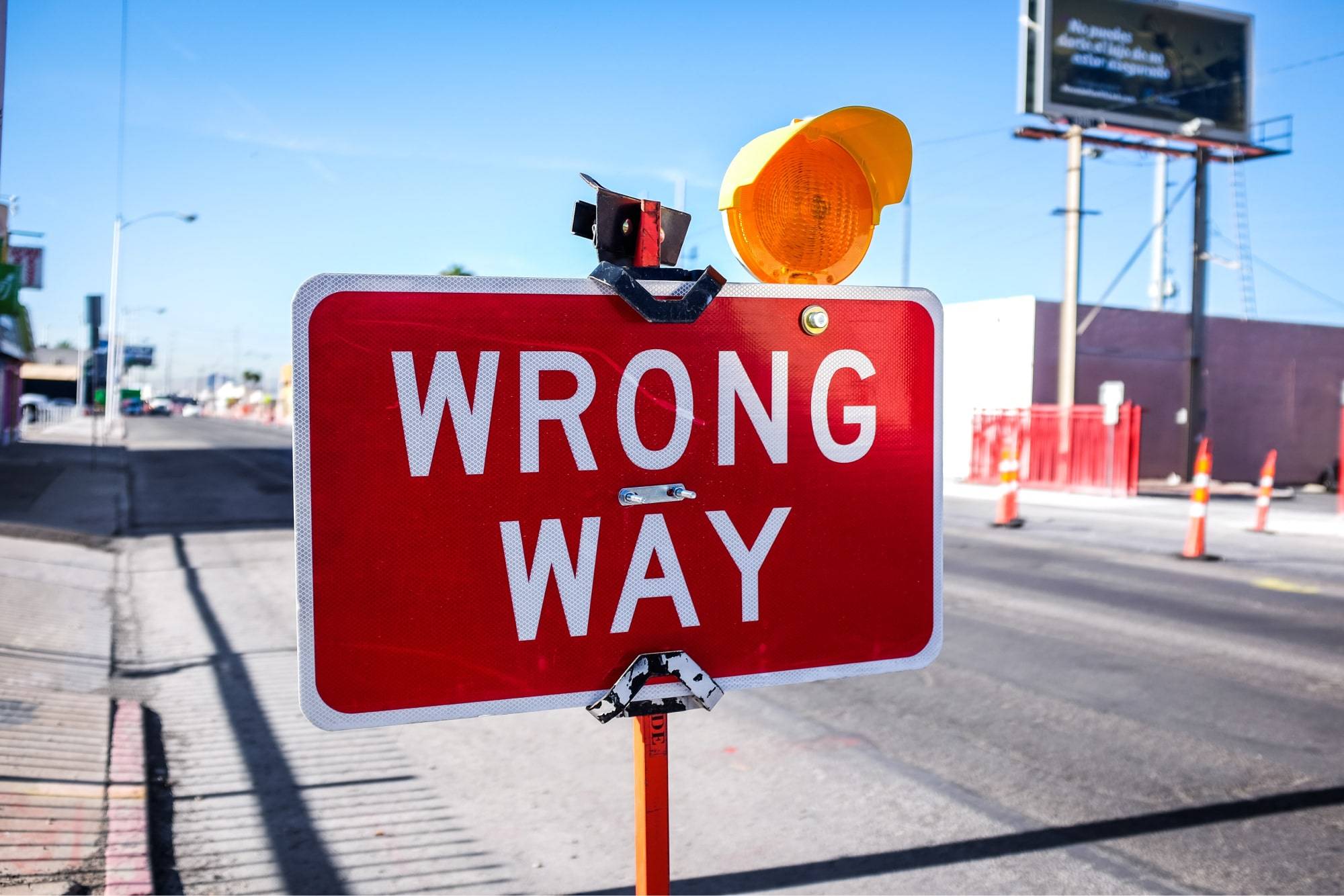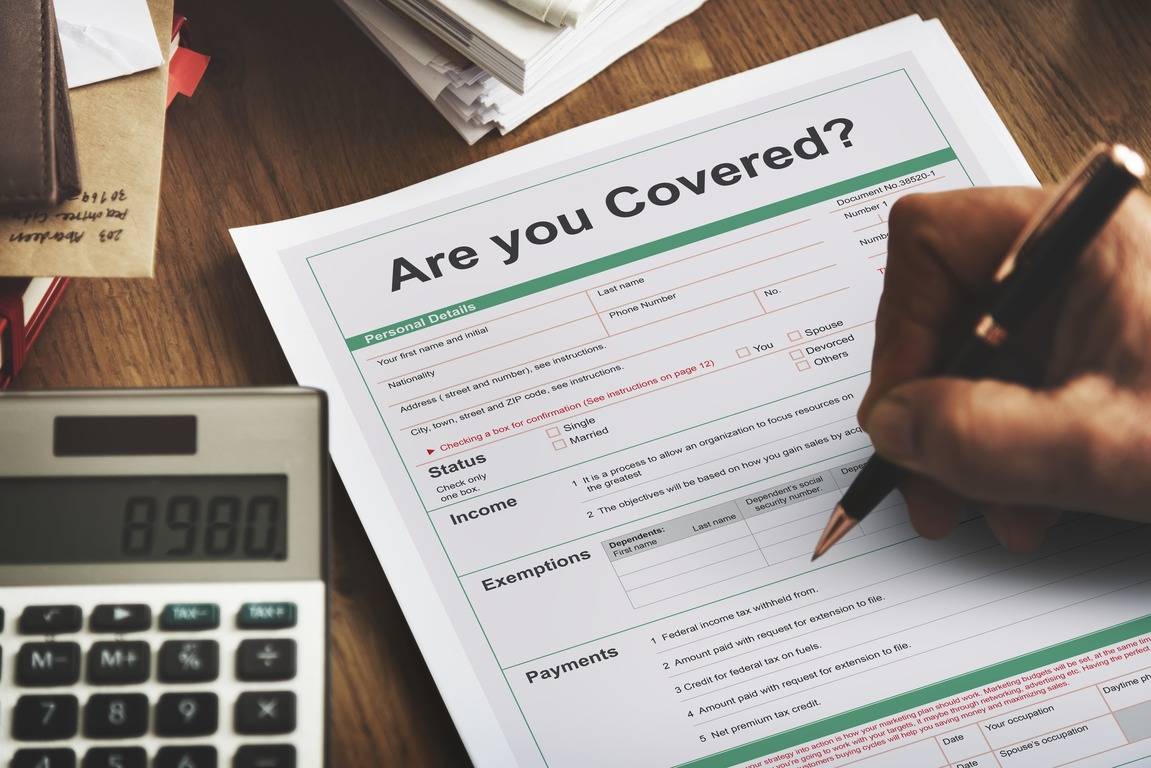There are about 50,000 running events in the US every year. With so much competition, every race director wants to make their event flawless. Yet, there are a lot of things that can go wrong.
In this article, we will talk about the biggest mistakes that you can avoid.
1. Too Late Planning
It is recommended to start marathon event planning at least six months in advance. This is mainly because the road race planning checklist involves obtaining all the necessary permits.
It can be a time-consuming process. For example, you need to get approval from the city authorities to close roads along the route and enlist the support of law enforcement agencies. Delays in approval at one of the authorities can affect the date of the event, which in turn influences event participation for 78% of runners.
Also, 67% of runners are more likely to choose a race if they feel they have enough time to train for it. Accordingly, if you announce your event too late, you may lose a significant share of the participants simply because they are afraid of not being at their best for your race.
Finally, if you have more time to promote the event, you will be able to tell more potential participants about it. Word of mouth remains the most popular way to find out and choose the next races in the running community. Thus, give your running event time to become resonant and, as a result, better attended.
2. Inaccurate Course/Mileage Indication
Another thing to consider when planning a running event is that distance preference is the deciding factor for 81% of athletes. If your advertised distance does not match the actual one, it will be difficult for competitors to measure their results (that is, time over distance) properly.
This will negatively affect the reputation of your event and, as this North Texas survey shows, could cause about 75% of runners not to take part again. So when organizing a running race, make sure you offer a USATF-certified course with a meticulously measured distance.
3. Excessive Savings on Suppliers
All running event organizers are careful about the race budget, and that’s okay. However, remember that a successful running experience depends on more than just the race and their performance.
Important factors also include the food and drinks offered, merchandise and souvenirs, as well as post-race activities: music, massages, entertainment, etc. This is what can make your event truly memorable.
That’s why choosing suppliers to provide this experience is an important point in the race director guide. It is essential to understand that conscientious, quality, and exceptional suppliers simply cannot offer their services for free.
But don’t think that you are wasting your money. These expenses will pay off through the loyalty of the participants and their desire to partake in your events again.
And don’t postpone signing contracts with suppliers until the last moment, as the best ones may be booked for other events.
4. Misdesigned Message
When organizing a 5k or a marathon, many race directors feature an elite runner crossing the finish line on promotional material. What’s wrong with this approach? Most people who race regularly don’t consider themselves elite runners. And if your event as a product does not reflect the self-concept and identity of potential participants, they will not have an emotional connection with it.
Simply put, most of them will think that you are planning a marathon event for those professional runners on the poster and not for them. As a result, they are less likely to choose your event.
Just as important, competition and achievement (as symbolized by crossing the finish line in promotional materials) are not the primary motivation for most runners. Instead, more than 72% run for physical health, 54% for mental health, and almost 32% for confidence and self-esteem.
By using their real motives when starting a race promotion, you show the target audience that this is a race for them and about them, which will increase interest and loyalty.
5. Ignoring Digital Marketing
While print ads still work, online promotion can be a game changer for your event. According to a survey, 74% of organizers find social media to be the most effective form of event marketing. The top promotion tools also include a website and event registration platforms.
These findings are not surprising, given how runners choose their next race. Research has shown that the strongest motivator to select a race is the recommendations and preferences of other runners.
Facebook was named the primary medium of such information. In this social network, runners most often post which races they have completed and which they want to participate in.
Second place in this study is given to event search platforms such as Runzy, where runners can find an event by name, date, location, and so on. This is a great way to browse a wide variety of suitable races and get basic information about them to make the best choice.
So if you’re concerned about how to organize a trail race among athletes, targeted ads on Facebook and an event profile on Runzy can be a great solution.
6. No Website
The above research has established that the website is still the preferred source of race information. The runners look for a link to the specific event website on all third-party sources such as social media or event search platforms to learn more about the race course and view results and photos from previous races.
Facebook or Runzy play an excellent intermediary role. However, when advertising on these platforms, link to your website and make sure it contains comprehensive and attention-grabbing information for a potential race participant.
7. Shortage of Race Volunteers
Even the most experienced and successful running event director doesn’t know how to start a race without volunteers. They take on the lion’s share of X-Day responsibilities and make a huge contribution to the runner experience.
It is impossible to give an exact number of volunteers you may need as it depends on the scale of the event and the number of participants. However, when hiring volunteers, keep in mind the main functions that they need to cover in order to determine the number of staff more accurately:
- recording the finish time of the runners,
- assigning a number to everyone who finished,
- ensuring the smooth operation of the finish area,
- helping runners during the race
- helping runners prepare for the start
- instructing first-time runners
- service at water stations
- coordinating the work of the volunteer team.
8. Eco Component Skip
Today, the environmental responsibility of business is one of the keys to its success. In this regard, 58-67% of event organizers are ready to include sustainability issues in their meeting plans.
When thinking about how to organize a 5k or another race, think about how to make it greener. 18% of runners say they pay attention to sustainability when choosing their events. Thus, your eco-friendly approach will help you get more loyal participants.
You can find the best green initiatives in our article, “How to Make a Greener Race.”
While learning from your mistakes is often effective, it’s best to avoid mistakes when possible. Especially if your event’s reputation, your image as an organizer, and the satisfaction of the runners are at stake.






